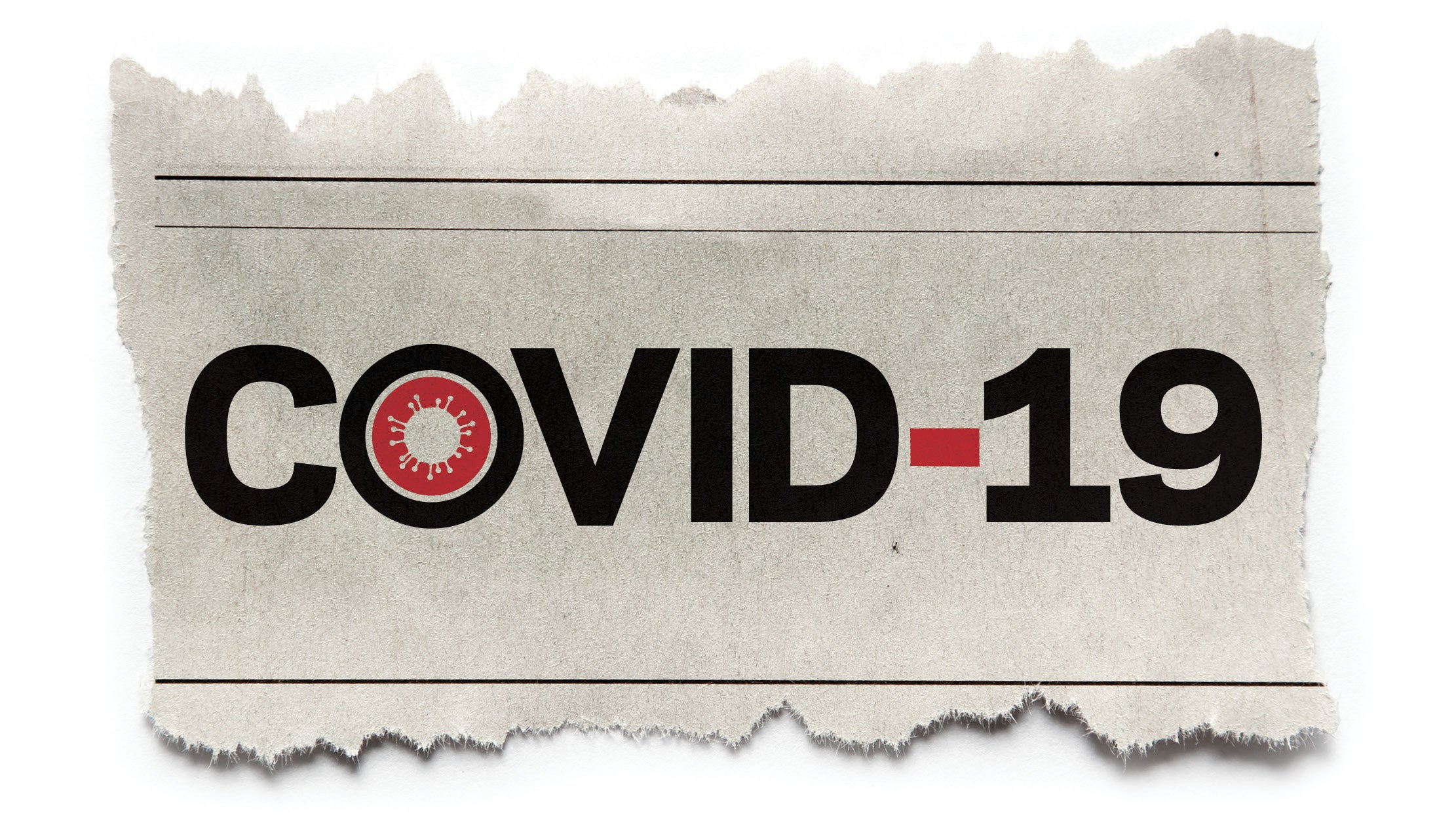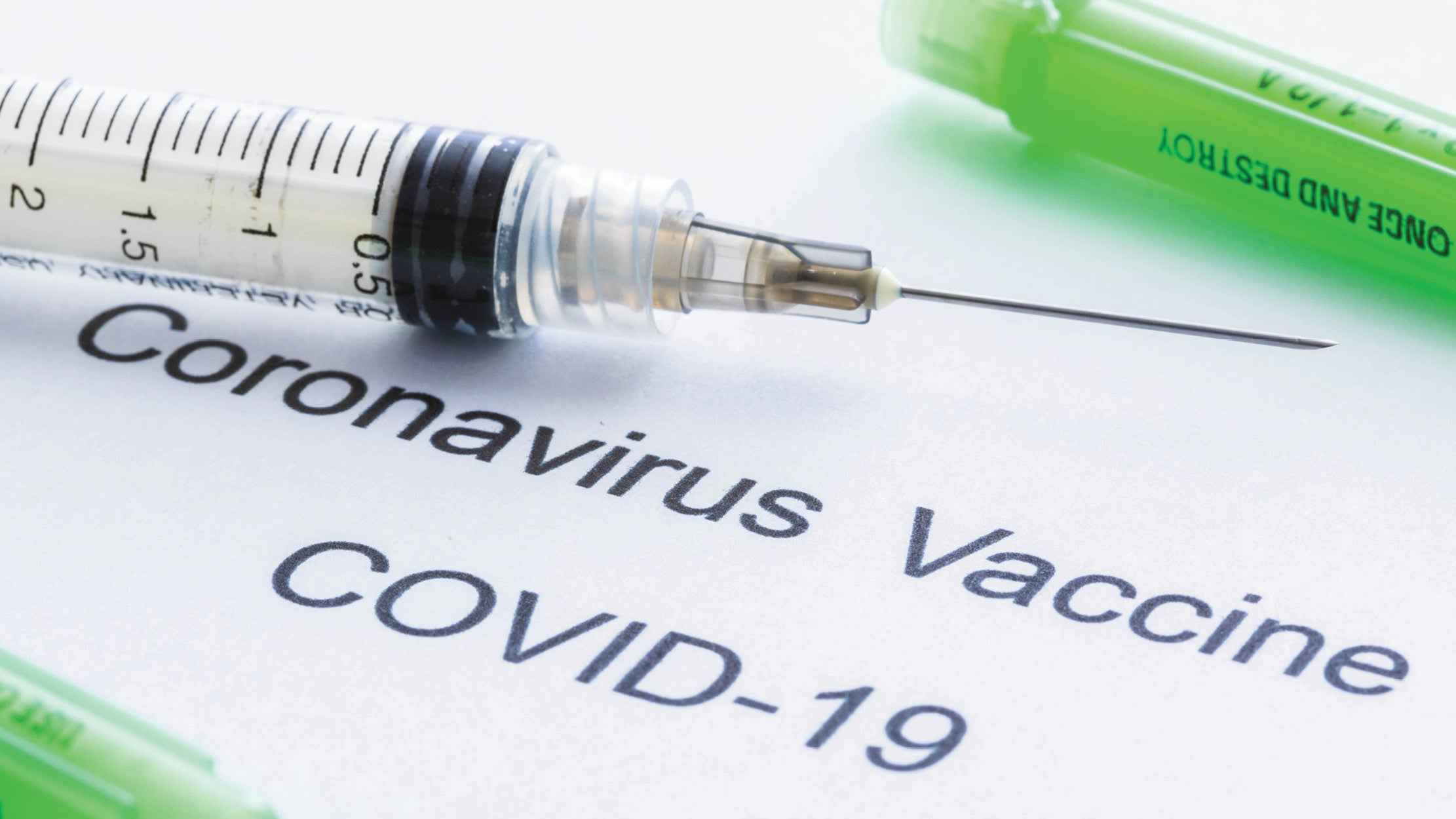Free legal available for low-income families impacted by COVID-19
Published 11:45 am Saturday, April 11, 2020

- SEOLS
The anxiety and economic distress from COVID-19 will be felt far and wide, but we know when disaster strikes it often causes increased needs and concerns for low-income families, seniors, and other vulnerable communities.
Southeastern Ohio Legal Services (SEOLS), a non-profit organization that provides free legal help, remains open and available to assist families in southeastern Ohio. Although SEOLS offices are currently closed to the public, it is still taking applications.
“SEOLS’ attorneys are committed to helping people get through this crisis,” said Kristen Lewis, advocacy director for SEOLS. “We can assist people in a variety of ways, including helping them access necessary medical care, healthcare coverage, unemployment benefits, food assistance, or stable housing. We serve low to moderate income people, seniors, and veterans.”
The services are always free to those who qualify. To apply, go to www.seols.org or call 833-288-2936.”
In the blink of an eye, many families have lost income and gained new worries about what the future holds. Here are a few answers to the many questions on the minds of Ohioans today and tips on when it’s time to call a lawyer for help:
How do I apply for unemployment benefits?
The Ohio Department of Job & Family Services is the state agency responsible for handling unemployment benefit claims. To apply, go to www.unemployment.ohio.gov or call toll-free 1-877-644-6562 or TTY 1-614-387-8408.
Eligibility criteria for unemployment benefits has been expanded due to COVID-19 under certain state and federal laws. If your work hours were reduced or you lost your job, you should apply for unemployment benefits. If your claim is denied, contact SEOLS to have an attorney evaluate claim. If your claim for unemployment benefits is wrongfully denied, SEOLS may be able to help you appeal. If your payment is intercepted or offset to pay another debt, contact SEOLS to find out whether you are entitled to receive your full stimulus payment.
Am I eligible for the federal stimulus payment? When will it come? How will I get it?
To receive the stimulus check, you must:
• Have a Social Security Number (SSN) and have filed taxes in 2018, or
• Have a SSN and filed taxes in 2019, or
• Have a SSN and receive Social Security Retirement benefits, or
• Have a SSN and receive Social Security Disability benefits, or
• Have a SSN and receive Railroad Retirement Benefits
If you receive Supplemental Security Income (SSI), you may need to file a simple tax return to receive your stimulus payment. Check irs.gov for more information.
How much will I receive?
• $1,200 for individuals plus $500 for each child,
• $2,400 for joint filers plus $500 for each child
Can this amount
be reduced?
For individuals making more than $75,000 checks will be reduced by 5 percent for any income above that. Individuals making more than $99,00 will not receive a payment.
For heads of households making more than $112,500 checks will be reduced by 5 percent for any income above that. Head of households making more than $135,500 will not receive a payment.
For joint filers making more than $150,000 checks will be reduced by 5 percent for any income above that. Joint filers making more than $198,000 will not receive a payment.
How will I get the money?
If the IRS has direct deposit information, you will receive payment directly to your bank account. Otherwise, the agency will mail a check to the address found on your 2019 return, or your 2018 return if you haven’t yet filed this year. The IRS is creating a site to upload direct deposit information. Watch out for scams where a company offers to do this for you!
When will it come?
The IRS will send direct deposits to bank accounts on record starting around April 9. If the IRS does not have direct deposit information for you, paper checks will be mailed to you, but it will take longer to arrive. Setting up direct deposit now will help ensure that you get your money as soon as possible.
I can’t pay my April rent. What happens now?
First, talk to your landlord about your situation. You may be able to work out an alternative plan to pay your rent later or your landlord might agree to reduce your rent temporarily because of the COVID-19 emergency. If you reach an agreement with your landlord, it’s best to put that agreement in writing so there are no misunderstandings in the future. If this conversation happens over text or email, take screen shots and store them in a place that you will have access to them later.
For tenants who receive help with their rent through federal housing programs, they should immediately report any reduction in their household income to their landlord. Tenants living in subsidized housing who recently lost income may be eligible to reduce their monthly rent payment and their landlord may be legally required to allow them to pay their rent late.
If you cannot reach an agreement with your landlord about rent and your landlord threatens eviction, your rights depend on whether your housing is covered by the federal CARES Act and whether the court in your area has temporarily stopped evictions. The federal CARES Act, signed into law on March 27, prohibits some landlords from filing evictions due to non-payment of rent between March 27 and July 25. However, the protections from eviction under the CARES Act do not apply to everyone. An attorney can help you find out if the CARES Act applies to you.
Also, some courts have temporarily halted evictions due to the COVID-19 crisis. If an eviction is filed against you in a court that has temporarily halted evictions, your case will be scheduled when the court goes back to hearing eviction cases. You could still be evicted in the future so it’s important to work with your landlord to get caught up on your rent as soon as you can. Remember, get agreements with your landlord in writing whenever possible, including the date and the details of the agreement. Save records of that agreement (texts or emails are ok) in case you need to show them to a court later. When you make rent payments, get a receipt or pay in a way that you can track payments.
If your landlord threatens eviction, files an eviction, or illegally removes you from your property, call SEOLS for help. An attorney can help you find out if you have defenses to an eviction or negotiate with your landlord on your behalf to avoid going to court.
A landlord can only evict a tenant with a court order! If a landlord tries to force you out of your home by shutting off utilities, locking you out, or removing your property you should immediately call local law enforcement and then call SEOLS for help. The courts are still open for emergency cases. An illegal eviction would be an emergency.
The governor has issued a Stay at Home Order, but my home is unsafe because of abuse. What can I do?
The Stay at Home Order announced by Gov. Mike DeWine specifically exempts victims of domestic violence and “human services operations,” which include domestic violence programs. The order states: “Individuals whose residences are unsafe or become unsafe, such as victims of domestic violence are permitted and urged to leave their homes and stay in a safe alternate location.” Domestic violence shelters are open and providing services to those who fear for their safety because of abuse.
Domestic violence advocates and SEOLS attorneys are also available to help victims get Civil Protection Orders (CPO).
If you are in immediate danger, call 911. To get help from a domestic violence shelter or advocate, call the National Domestic Violence Hotline, 24 hours a day, at 800-799-7233 or go to www.thehotline.org. If you need help getting a CPO, call SEOLS for assistance.
Where else can I get help for my family?
Depending on the situation, you may be eligible for cash assistance, food assistance, or Medicaid coverage through your local Department of Job & Family Services. To find out what additional help might be available based on your situation, go online to Benefits.Ohio.Gov or call 1-844-640-OHIO (6446).
The legal help provided by SEOLS and other legal aid providers are “essential services” under DeWine’s Stay At Home Order. SEOLS will remain open throughout the COVID-19 crisis, ready to serve those most in need.




